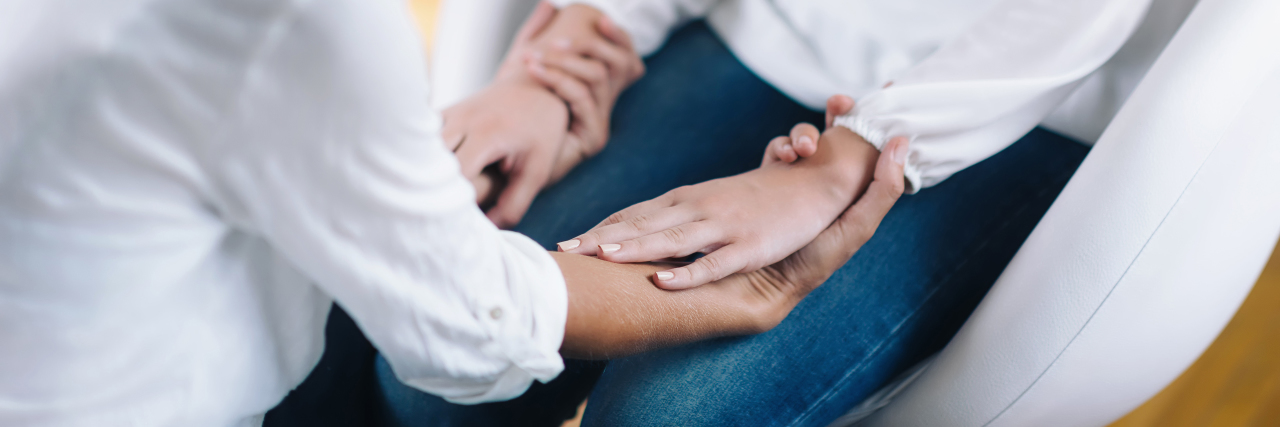Physical accidents can have severe effects on your mental health. You might not anticipate it, but it is not only the obvious physical injuries you suffer. The unseen impacts of physical accidents can also creep up on you and take you by surprise; I see it in my surgery time after time.
Whether you have been involved in a road traffic accident, an accident at work, or an incident while you’re out in a public place, it’s totally normal to feel these mental impacts. And it’s not a sign of weakness to talk about them.
Here is some of the advice I give to my patients who are suffering from mental health issues after a traumatic experience:
1. Know that it’s OK to ask for help when you need it.
Perhaps the single greatest obstacle for anyone in this situation is plucking up enough courage to actually ask someone for help when in need.
The unfortunate reality of some societal pressures and stigmas around mental health means that it can be so difficult to admit that you are struggling, but there really is no reason to worry about what others will think.
General practitioners and healthcare professionals, including mental health nurses and carers, are there to talk confidentially about your situation and help you through it. It’s our job after all, so try not to become overburdened by your concerns about asking others for help.
2. Talk to your loved ones about your experience.
If the prospect of talking to a healthcare professional is too daunting at an early stage, it can do a world of good for you to open up to someone you can confide in at home.
I understand it’s difficult to accept that you sometimes can’t go about your normal routines at home and at work while you’re in the recovery period, but talking through them openly and honestly with someone you love can really help lift at least some of the pressure.
I see it as a great strength to communicate your feelings to others as it can be a wonderful way of seeing things from a different perspective. A loved one might help you see the accident in another light. For instance if it happened at work, the consequences could mean that the workplace becomes a much safer place to be for you and your colleagues in the future.
It might feel too difficult to talk in the immediate aftermath of the incident, but there are always silver linings — especially when you feel able to open up when the time is right.
3. Take the necessary small steps toward recovery.
One of the most productive steps you can take after your accident is in recognizing that your mental health recovery is just as important as your physical health recovery.
It can feel daunting to bring your body back to the physical condition it was in before, but that can be in part because of the mental pressures you appear to be under as a result of the injury.
It’s normal to want to be back to normal as quickly as possible, we all do it in many walks of life, but it’s possible to ensure that you care for your long-term mental health during this short-term physical recovery.
Taking gradual steps by looking after your mind, as well as your body, can give you a better chance of a full recovery in many ways. Perhaps the most important of these is that it can give you much greater senses of achievement as you complete each step. Don’t rush and you’ll reap the rewards both mentally and physically further down the line.
It really is OK to ask for help.
Sometimes the mental recovery after an accident can feel longer lasting than the physical, but the two, in fact, seem to be inextricably linked. For me, it is about a more rounded personal recovery period, rather than splitting it up and labeling it with “mental” and “physical.”
The stigmas around mental health are on the way out of common parlance, and people are talking more and more about the fact that seeking the help you need really is OK.
Nobody prepares for the deep impacts of an accident, whatever form they take, and nobody should feel alone during the recovery period.
If you feel that you are struggling after an accident, I hope you can take comfort in the fact that it is perfectly OK to talk about it and ask for the help you need.
A version of this story originally appeared on national-accident-helpline.co.uk.
Photo credit: microgen/Getty Images

